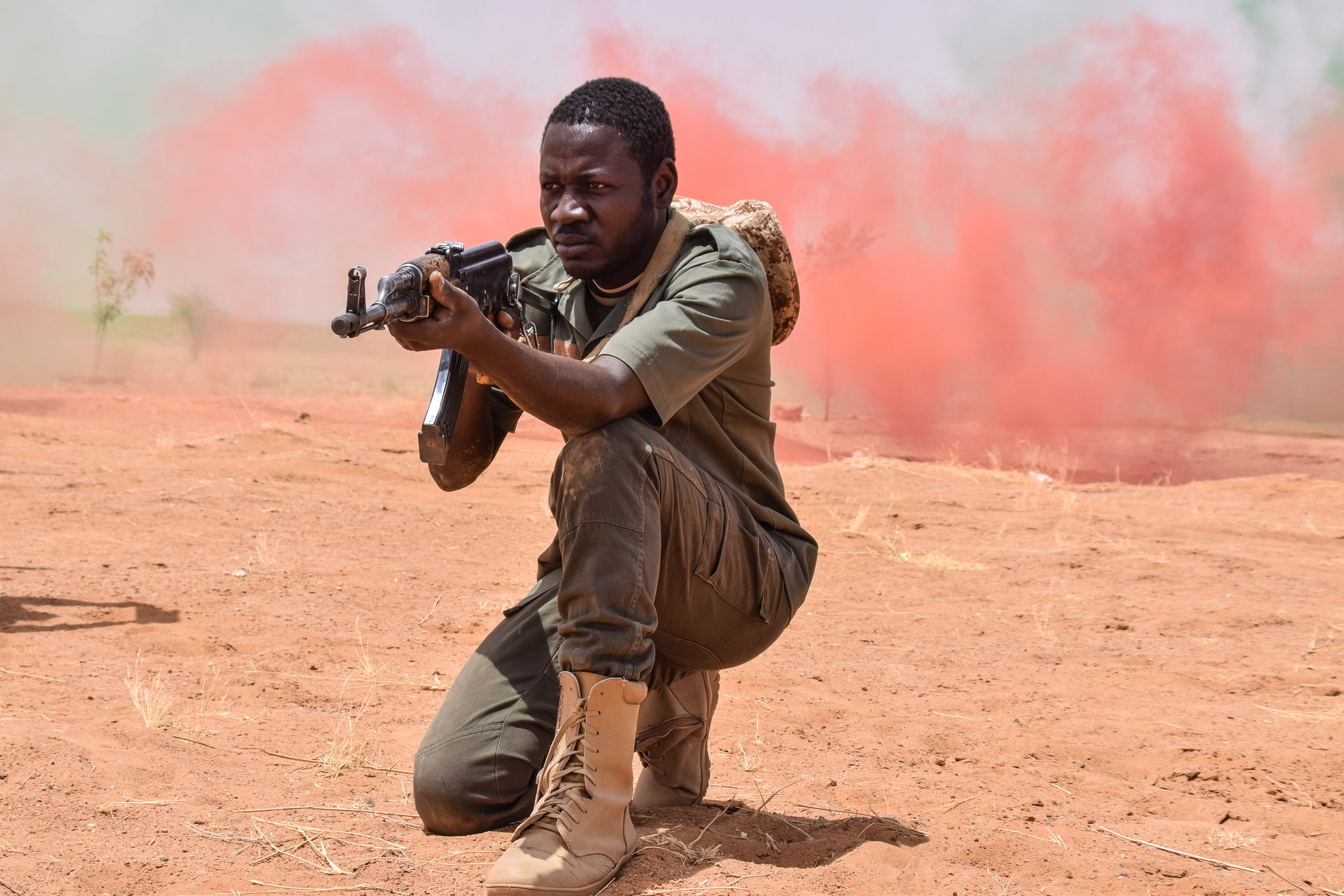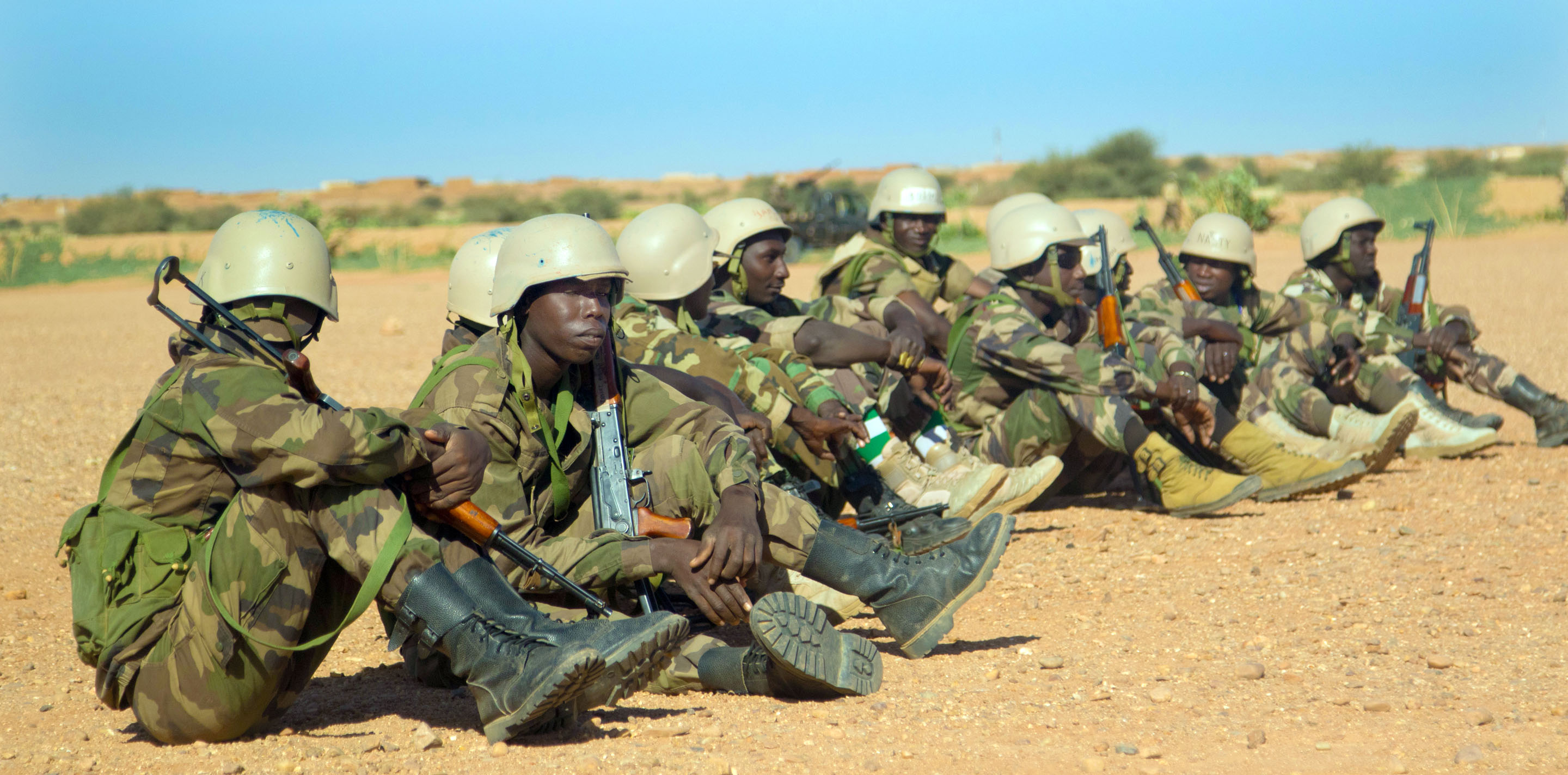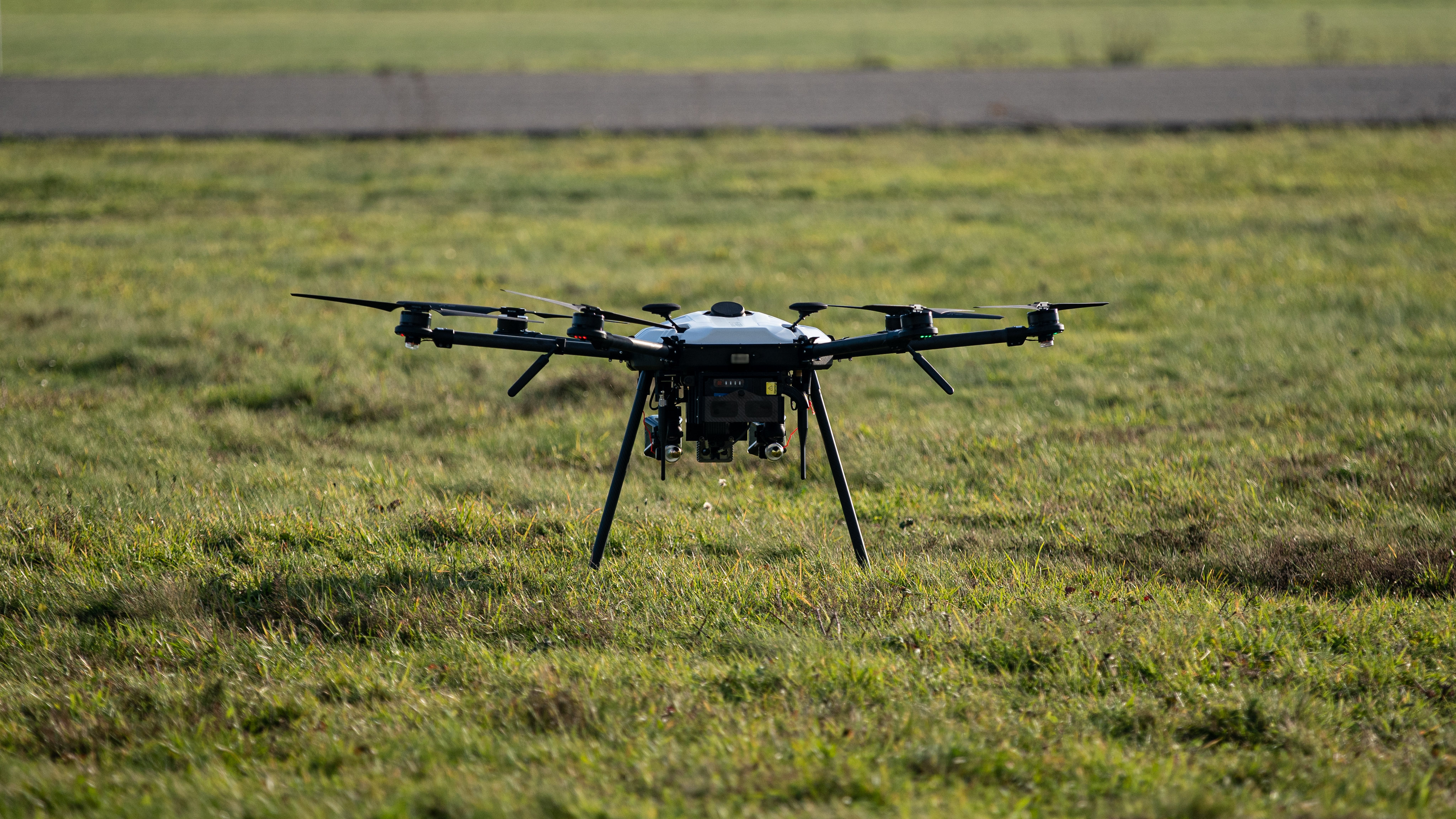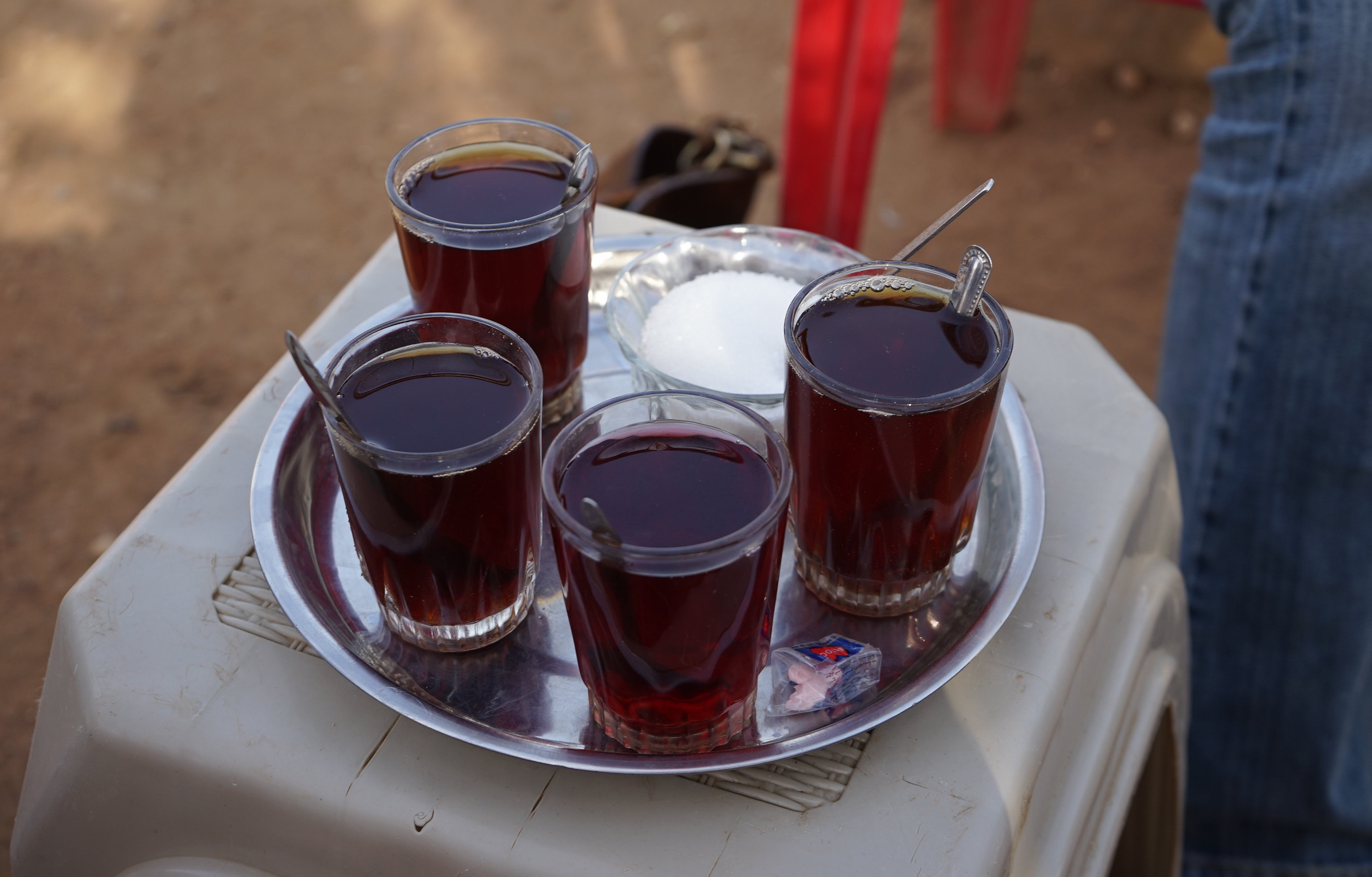The threat of a military invasion to overturn the coup in Niger might restore democracy, but could unleash a wave of human suffering, writes Idris Mohammed.
On 30 July, the Economic Community of West African States (ECOWAS) met in Nigeria’s capital Abuja and convened an extraordinary summit to address the military coup in Niger. The heads of state, foreign ministers and officials from the African Union reviewed and discussed the rationale behind the coup and illegal detention of the democratically elected President of Niger Republic, Muhammad Bazoum.
The group collectively condemned the military’s actions and called for the immediate release and reinstatement of Muhammad Bazoum as the President and Head of State of the Republic of Niger. A few hours after the meeting, the junta addressed the press and reinstated their commitment to remaining in power and rejected ECOWAS’s demands.
In response, Nigeria cut off the electricity supply to Niger, shut down the shared border and began their internal process for staging a military intervention in Niger – which would require a vote in the Nigerian Senate. The Nigerian government seems ready to use military force to overturn the coup, although the country’s Senate urged the government to look at political and diplomatic options rather than use military force.
Voices in Nigeria against the use of military forces are growing louder every minute. They range from security experts, religious, and traditional leaders, to the general public. Nigeria’s position is complex. It holds the chairmanship of ECOWAS and shares a border and historical ties with Niger. The anxiety is increasing in Nigeria’s northwest region states, where one in every five residents of Sokoto is from Niger or has a connection with Niger. The same applies to some parts of the states of Katsina, Jigawa and Kebbi. The notion of invading Niger would be logistically, politically, and culturally fraught.
Actions have consequences
Any military invasion of Niger would entail a significant loss of life, resources and generate a serious humanitarian crisis.
Over the last decade, the two countries have both faced attacks from Boko Haram and Islamic State in the Lake Chad Basin communities consisting of Borno, Yobe and Adamawa states in the northeast region of Nigeria and Diffa in Niger. The same situation is occurring in the northwest region of Nigeria where four Nigerians of Katsina, Sokoto, Zamfara and Kebbi states have been facing protracted banditry conflict that displaced thousands of people. Over 80,000 Nigerians mostly from the mentioned states are currently affected by the banditry and are staying in Maradi as refugees under the care of UNCHR.
West Africa, and especially Nigeria, is facing a very difficult situation. The consequences of multiple crises and conflicts, as well as the Boko Haram and Islamic State, insurgencies in the northeast have displaced millions of people. Banditry has forced thousands of civilians off their farmland. The protracted farmer-herder and ethno-religious conflicts continue in the north-central region. And insurgencies kill security agencies and settlers in the southeast region. All these conflicts generated unbearable humanitarian issues that the country struggling on a daily basis to address.
Niger is a key ally in the fight against Boko Haram, Islamic State and bandits. Therefore, invading Niger would likely result in a breakdown of this cooperation and a surge in terrorist violence. War, insurgency, and the unavailability of agricultural resources would cause unnecessary suffering for innocent civilians and would likely exacerbate the existing humanitarian crises in Niger and Nigeria.
Given the interconnectedness of nations and the potential for spillover effects, military action could lead to a chain reaction of instability, engulfing neighbouring countries especially those that have been battling with violent extremist attacks like Burkina Faso, Mali, or Chad. An invasion of Niger has the potential to destabilise the entire West African region.
Diplomacy and peaceful negotiations should always be prioritised over military interventions. ECOWAS should engage in constructive dialogue not only with Niger’s military junta but also with Burkina Faso, Mali, and Chad. Working through diplomatic channels can offer a path towards resolving the conflict and addressing underlying issues that may have contributed to the tension. The United Nations and African Union should facilitate discussions to find common ground and sustainable solutions. By working together to find diplomatic means, we could uphold the values of humanity and avoid the devastating consequences of armed conflict in the region.
Photo credit: UNAMID used with permission CC BY-NC-ND 2.0






Your commentary on the above subject matter is excellent and highly recommend.
We can’t use war as a precondition to restore order in a coup. Diplomacy must prevail, even if it doesn’t yield the needed results immediately.
Secondly, ECOWAS must research into the emergence of coup detats in the subregion to come come out with a plan to avert future occurrences.
Thirdly, the root causes of these are deliberately and hypocritically being overlooked.
Lastly, ECOWAS should tackle the problem of opposition suppression, for example what is happening in Senegal at the moment.
Military action against Niger Will definitely start internal crisis and confusion in Nigeria